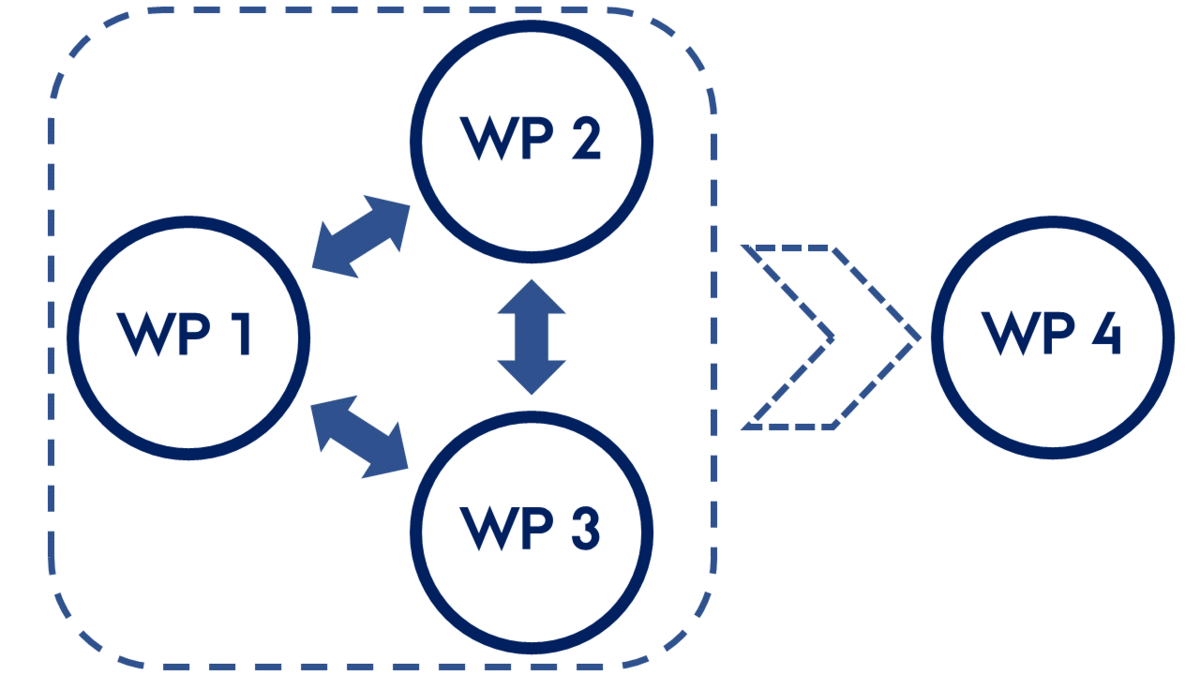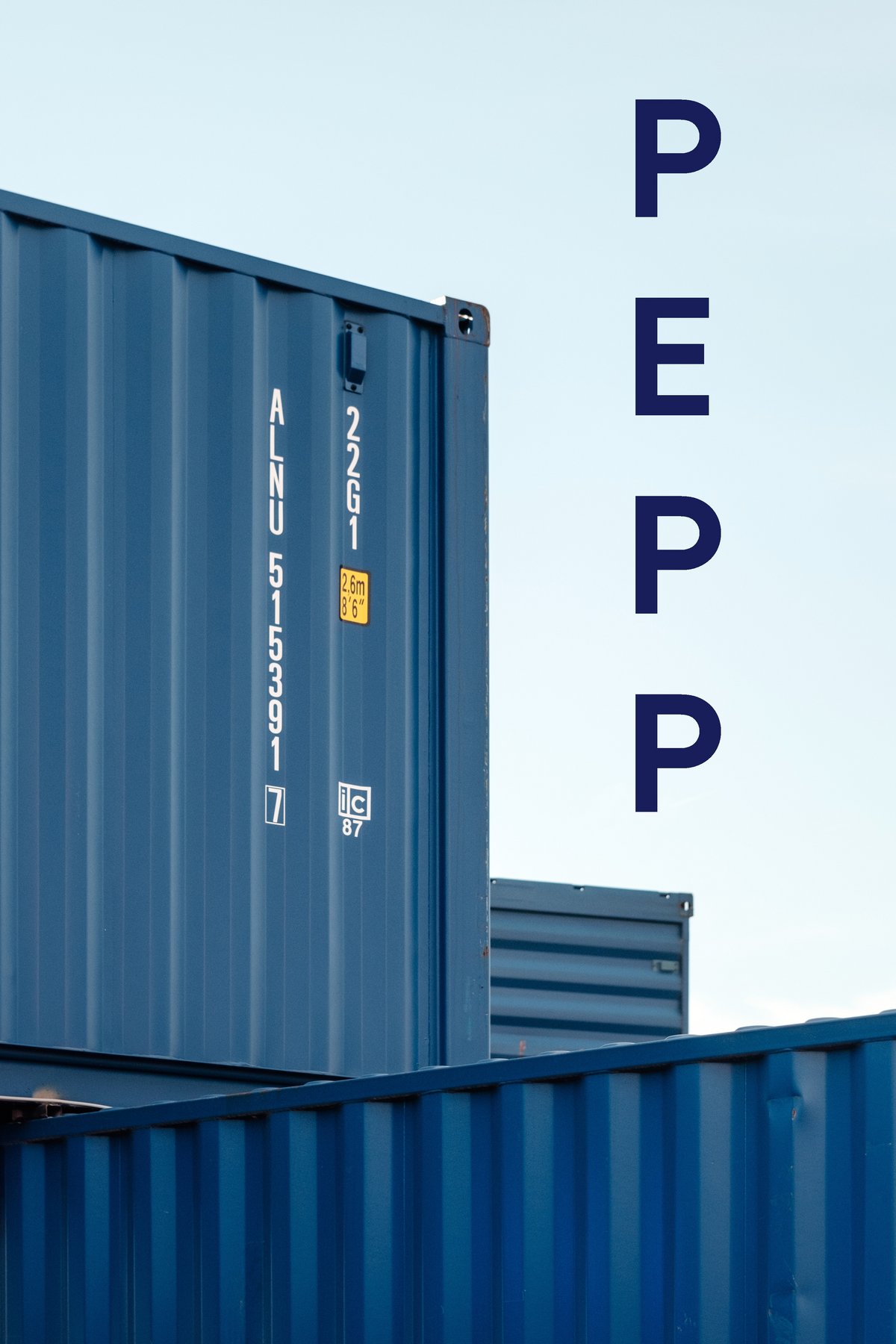PEPP aims to…
map and improve approaches to Capacity Development for the maritime sector in Ghana in order to enhance the potential of the maritime sector to drive Ghana’s economic growth in a sustainable manner. Engaging with the community at Tema Port and relevant theoretical literature, the PEPP team poses critical questions, share different viewpoints, and conduct research to address the concerns of the people who work in the port. The concerns include digital transformation, national content, labor, corruption, and, most recently, the reactions to the coronavirus (COVID-19) pandemic.
PEPP focuses on…
implicit and explicit alliances between public and private entities in shaping capacity development programs as a result of a constantly changing port service economy at the unique site of Tema Port in Ghana. PEPP will critically investigate the aims, effects, and politics of capacity development with specific focus on continuities and ruptures in conditions for capacity development when moving from aid-to-trade. Inspired by disagreements in the literature on the link between efficiency and corruption, PEPP will investigate how intended and unintended shared (mis)understandings of values influence a possible mechanism for standardization of regulations and procedures through partnerships of the Maersk Group, the IMO, and Ghanaian and Danish public servants.
PEPP is highly relevant to…
the Ghanaian maritime sector policies, the Ghanaian business sector, the Danish strategic sector cooperation with Ghana, Danish companies, and the Danish aid-to-trade strategy for Ghana, which all refer to effective measures to ensure sustainable development through public private partnerships in advancing capabilities in the maritime sector in Ghana.
PEPP will contribute to…
creating new jobs and making temporary jobs permanent in all parts of the Port labor market including HRM, processing of single entry to the port, pilots, inspectors, customs officers, and tugboat masters. PEPP findings will also have implications for quality education at the Anglophone West African Regional Maritime University and other institutions.
PEPP's 4 Work Packages:
The work is organized in 4 work packages (WP), where WP1 initially maps the potential gain from a service economy strategy agreed upon by all Tema Port stakeholders. In order to identify patterns for later more in-depth studies, WP2 and 3 will distinguish between CD in relation to the introduction of new uses of digital technology as part of practice and changes in practices to accommodate IMO regulations specific to four different professional groups active in Tema Port. Throughout the project period, WP1 draws on the findings from WP2 and 3 in order to determine the opportunities and challenges to the potential gain for Tema Port in combining private, public, Ghanaian, and Danish CD initiatives to improve the potential of the maritime sector to drive Ghana’s economic growth in a sustainable manner. WP4 is devoted to identifying the best ways to communicate with relevant stakeholders throughout the project.
PEPP Project Structure:

Outputs of the PEPP-project:
9 conference papers 6 of which will be submitted as academic articles in peer reviewed journals; 2 workshops for policy makers and industry players and for trainers, teachers, and professors discussing the tensions in vocabulary usage; 3 stakeholder meetings in Ghana; 3 project advisory board meetings in Ghana; 6 international conferences (two attended by the team and four individual attendance according to discipline); dynamic website; animation; two media spots in Twi and English; and 2 policy briefs.
Click below to learn more about each work package and each of their outputs:
